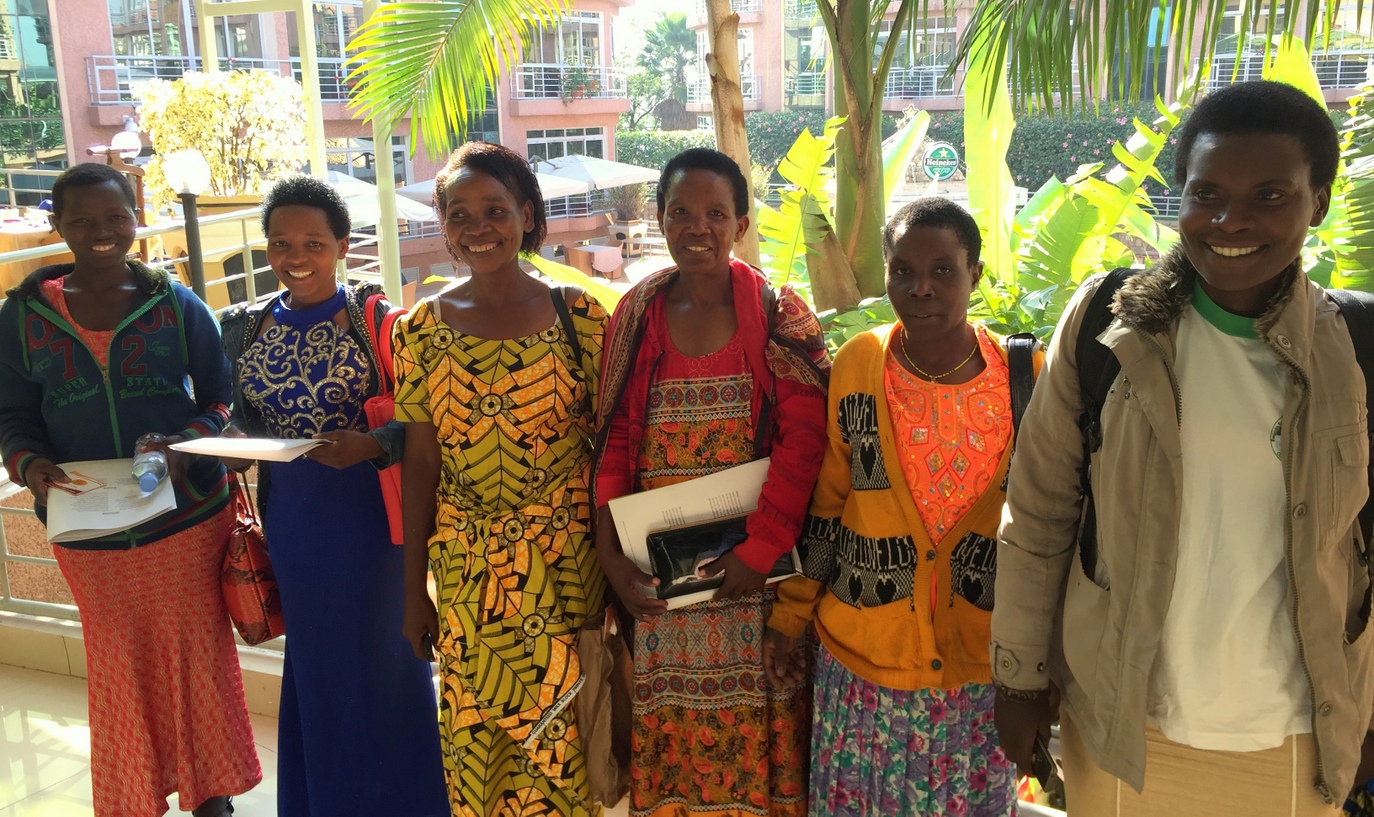Women at an artisanal mine site in Rwanda are being welcomed to work in its semi-industrial area, as the mine’s management begins to incorporate research recommendations in support of gender equality and women’s economic empowerment.
Gifurwe is tungsten mine located in North Rwanda. The mine is divided into two zones: an artisanal mining zone and the semi-industrial processing zone. Out of the 350 employees working in the semi-industrial area, none were women.
Positions in the semi-industrial area are highly desirable because a daily wage is paid regardless of fluctuating production levels.
In June 2018, IMPACT’s civil society partner, Women In/And Mining (WIAMO) reported that eight women have been hired to work in the area, and the company will continue to hire women each month until there are a significant number of women working there.
While women are an important part of artisanal and small scale mining (ASM), they earn less money than men do and their participation in semi-industrial areas is generally more restricted. Barriers such as this limit their contributions to ASM, and their economic and social potential.
Since 2015, IMPACT has been working with Carleton University and Uganda’s Development Research and Social Policy Analysis Centre to research women’s experiences in ASM of the 3Ts (tin, tungsten, and tantalum) and gold in the Democratic Republic of Congo, Rwanda, and Uganda.
Our research found that women face inequality and discrimination at mine sites. They are often unable to take higher paying jobs and their technical abilities and physical strength is often questioned. Further, there are misconceptions and beliefs that negatively impact women, such as the belief that women who work in mines are immoral or defy societal norms of modesty. At the semi-industrial zone in Gifurwe, research found that women weren’t being hired because of long held stereotypes, with the manager saying they would “make men uncomfortable.”
The research provided recommendations to improve opportunities for women in Rwanda’s artisanal mining sector. These recommendations included the need to challenge culturally rooted forms of discrimination against women in ASM, and including women more systematically in all levels of mining work.
The sector is an important driver of economic empowerment for women, proving a reliable source of income and providing additional financial contributions to households. By allowing women to work in the semi-industrial zone, it marks an important milestone for women in Gifurwe and its community.
Photo: Women artisanal miners from two mine sites in Rwanda that participated in the GrOW research attend a workshop in Kigali in December 2017 to share their call for reform. Zuzia Danielski/IMPACT
Research in Rwanda was part of the Women in Artisanal and Small-Scale Mining (ASM) in Central and East Africa Project. This project is part of the Growth and Economic Opportunities for Women (GrOW) program, which is funded by the UK’s Department for International Development (DfID), the William and Flora Hewett Foundation, and Canada’s International Development Research Centre. Additional funding is provided by Global Affairs Canada.

